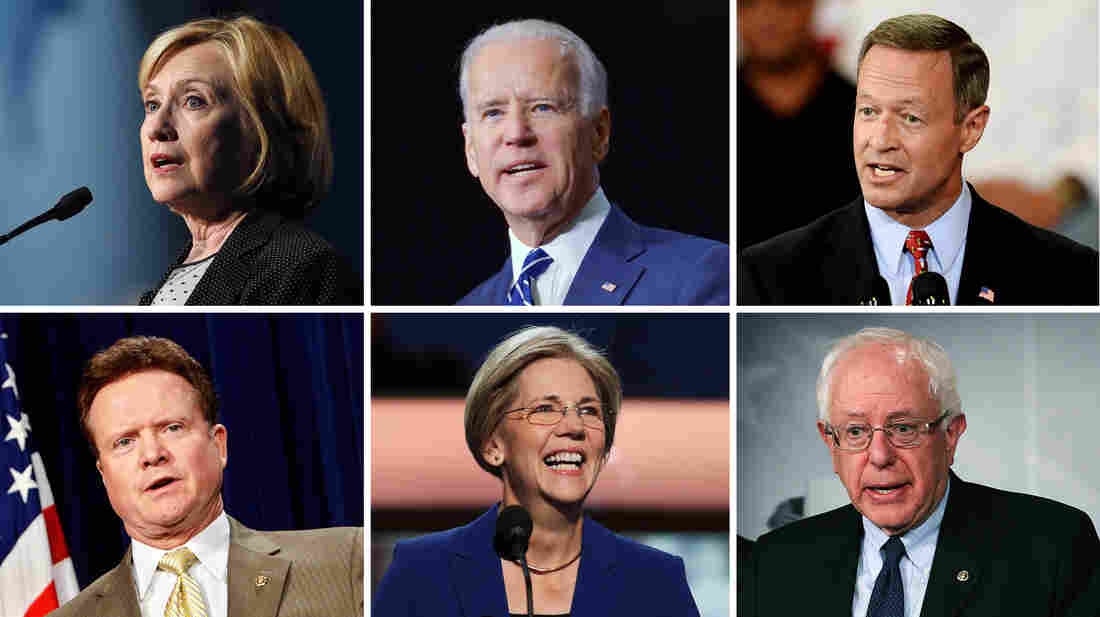
By Robert Borosage
Campaign for America’s Future
March 7, 2016 – Democratic presidential candidate Bernie Sanders won three of four state contests over the weekend. On the Republican side, Ted Cruz emerged as the leading challenger to Donald Trump in what is quickly becoming a two-man race. And the seventh Democratic debate, in Flint, Mich., highlighted the differences between the parties as much as the differences between the two contenders.
Democrats: Sanders Still Rising
Sanders took the caucuses in Nebraska, Kansas and Maine, while losing the Louisiana primary, as Clinton continued her sweep of the red states of the South. While the mainstream media – egged on by the Clinton campaign – edges towards calling the race over, Sanders keeps on rising. His expanding army of small donors continues to fuel his campaign. And he can look forward to growing support – particularly in the contests after mid-March, as he introduces himself to more and more voters.
For Clinton, the victory in Louisiana showed her “firewall” of African-American voters continues to hold. The two candidates ended dividing the delegates won over the weekend, showing the tough challenge Sanders faces. But Clinton’s losses in the caucuses should raise concern. Unlike 2008, she is organized and intent on competing in the caucus states. But she clearly has trouble rousing the passions of the activist voters who tend to dominate caucuses.
Republicans: The Donald Is The Moderate
The Republican race is rapidly turning into a two-man faceoff between Donald Trump and Texas Senator Ted Cruz. Trump won the Louisiana primary and the Kentucky caucus over the weekend. Cruz won the caucuses in Kansas and Maine. Marco Rubio and Governor John Kasich trailed badly in all four. Rubio did pick up the Puerto Rican primary on Sunday.
Clearly, the much ballyhooed plan of the “Republican establishment” to rally around Marco Rubio has collapsed. Rubio’s schoolyard taunts at Donald Trump haven’t helped him. If Rubio doesn’t win Florida on March 15 – and he trails badly in the most recent polls – he is gone. If Kasich doesn’t win Ohio, the race may be virtually over.
Now Republicans must look on their works in horror. Trump – the xenophobic, racist, misogynistic blowhard – is the moderate in the race. Cruz, the most hated Republican in the Senate, is a right-wing zealot. He criticizes Trump not for being extreme, but for being squishy – on abortion, on immigration, on judges, on government. Moderate Republicans may now try to rally around John Kasich, if he wins Ohio. Good luck with that.
Their choice is winnowing down to the disruptor against the zealot. The politics of resentment and racial division have blown up in their faces.
The Democratic Contrast: We Do Substance
The most notable contrast during the seventh Democratic debate in Flint, Michigan was not between Clinton and Sanders, but between the Democrats and the Republicans. As Andrea Bernstein, editor at WNYC, tweeted: “Democratic debate so far: guns, schools, health care, trade, infrastructure, transportation, welfare, racism. GOP debate last week: hand size.”
The Democratic exchange was feistier than normal. Clinton is perfecting the technique of interrupting Sanders, hoping to set off a testy explosion. The campaign and the press tried to make much of Sanders telling her “Excuse me, I’m talking.” But after the Republican melee, this is pretty hard case to make. Sanders remains the courtliest of contenders. (Continued)
Continue reading Sanders Still Rising; Republican Nightmare Worsens


